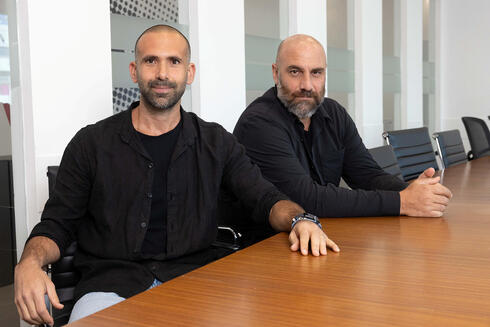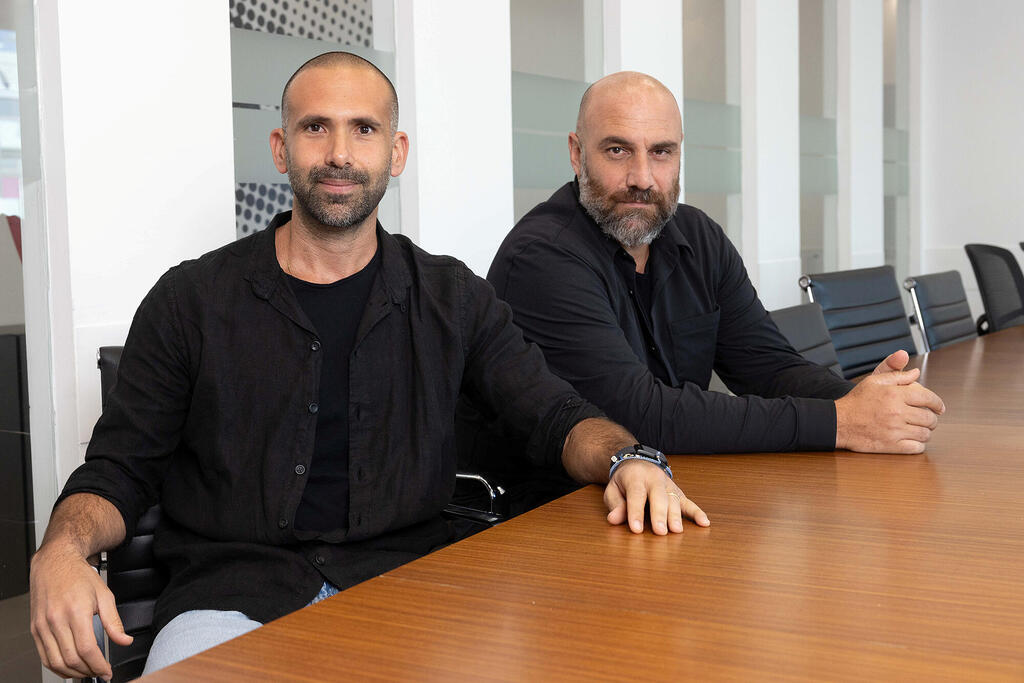
Checked out: Selina's global hostel empire sold off after unicorn's dreams unravel
Once a darling of digital nomads, reaching a valuation of $1.2 billion, Selina is stripped of its assets as investors lose faith.
Selina’s end is in sight. The hospitality company, which made a splash on Wall Street just two years ago with a valuation of about $1.2 billion (following a 400% surge in its stock price), has now been stripped of all its assets by trustees. All 100 of Selina's hostels across 22 countries have been sold to Collective Hospitality.
Details of the transaction have yet to be disclosed, and the future plans of the acquiring company for Selina’s assets remain unclear. Founded in 2015 by Daniel Rudasevski and Rafi Museri, Selina has faced two difficult years since its IPO in October 2022. The company has only reported its financial performance once, and its stock price plummeted by over 99% in a short period.
Over the past year, Selina attempted to secure various agreements to continue operations, including implementing extensive cost-cutting measures, such as layoffs and facility closures. The last agreement, signed with Osprey in December 2023, involved a $68 million cash injection and the issuance of new debt. This deal effectively made Osprey the new controlling owner, leaving Museri and Rudasevski with only a small percentage of shares.
Since this agreement, and until this past July, Selina failed to publish its financial reports, leading to repeated delisting threats from Nasdaq for not meeting the exchange's requirements. In July, Selina’s board of directors announced that the company had no chance of avoiding insolvency, and its business was transferred to trustees who auctioned off its assets.
During the high-tech boom, Selina capitalized on soaring market values and the SPAC merger trend, completing a merger with a SPAC at the end of 2022. In its early days of trading, the stock price jumped from $10 to $40.90, bringing Selina’s value to $1.2 billion. However, this was short-lived. With rising interest rates and growing disillusionment with the SPAC model, Selina, like many other SPAC-merged companies, saw its stock price crash, eventually trading at just a few cents.
The plummeting stock price reflected investors' lack of confidence in Selina’s business model, which involved renting underperforming hotel spaces, redesigning them in collaboration with local partners, and opening quickly to cater to the "digital nomads" trend. In 2018 and 2019, the company opened 24 new sites each year, 17 sites in 2020, 20 in 2021, and 18 in 2022—an average of one new hotel every 17 days over the past five years.
Over the years, Selina attracted several prominent investors, including WeWork founder Adam Neumann. The company was often compared to Neumann's co-working venture, which also struggled due to a complex business model. In Israel, the Hagag real estate group, which signed a partnership with Selina for accommodation sites in 2021, has already recognized the decline in value of this agreement.
Since its founding in 2014, Selina has consistently recorded losses, including $198 million in 2022, $186 million in 2021, and $139 million in 2020. In its first-half 2023 reports, Selina reported a loss of $46 million, a reduction of about 50% compared to the same period the previous year. Over the past year, the company closed hotels, halted new openings, and laid off more than 350 employees worldwide.















